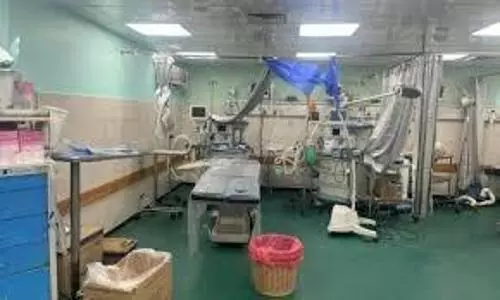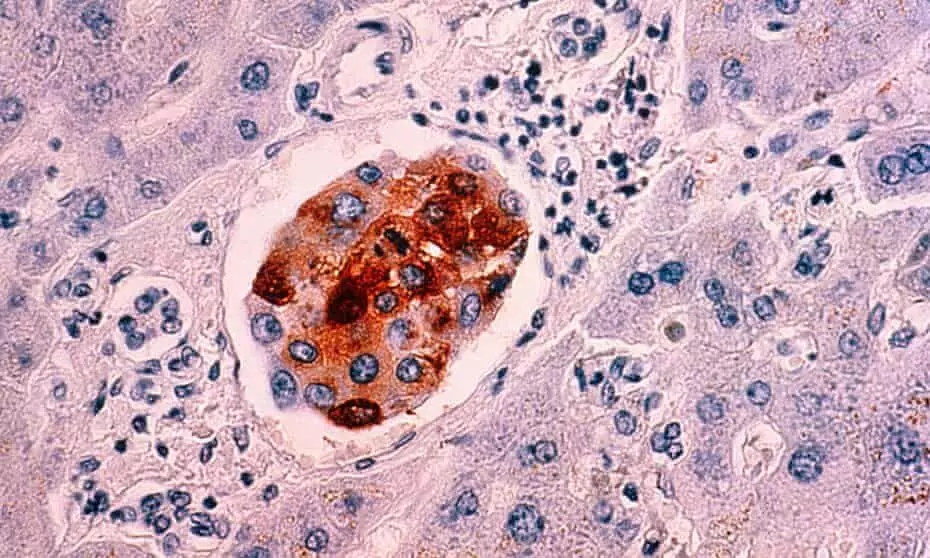
Developing breast cancer cells could be detected with tiny endo-microscope
text_fieldsLondon: Imperial College London specialists have created an endo-microscope with a diameter of less than 1mm, or about the width of 25 human hairs, that can be introduced inside the body to observe tissue and organs.
According to the scientists that developed it, a tiny microscope that can be manipulated via microscopic openings inside the body during surgery could hasten the treatment of breast cancer.
The scientists claimed that the device was able to produce images from inside the tissue at "unprecedented speed."
The endo-microscope, which is currently being developed by Dr Khushi Vyas and colleagues at the college, is intended to speed up the process by which surgeons can detect cancerous cells as small as one-hundredth of a millimetre.
According to the experts, it would lessen the need for additional surgeries to remove malignant cells that had previously eluded detection.
The device would also be helpful during breast-conserving surgery, in which the cancer is removed while preserving as much of the healthy breast as possible, the Guardian reported.
Currently, such procedures are required in up to 20% of women that underwent breast-conserving surgery.
According to the researchers, the tool might potentially assist in shortening waiting lines for the National Health Service of the UK.
They claimed that the endo-microscope, which can produce up to 120 frames per second, would enable surgeons to swiftly and precisely detect suspicious tissue surrounding tumours while using the instrument.
The Engineering and Physical Sciences Research Council, a division of UK Research and Innovation, is supporting the device's development.
Dr Kedar Pandya, the council's director for cross-council initiatives, remarked, "By reducing the time it takes to identify cancerous cells and improve the accuracy of imaging, the endo-microscope developed by Dr Vyas and his team could benefit patients and the NHS by reducing waiting lists."
Dr Khushi Vyas added: "Our aim is to proceed to clinical trials with a view to the system becoming available for deployment in around five years."

















